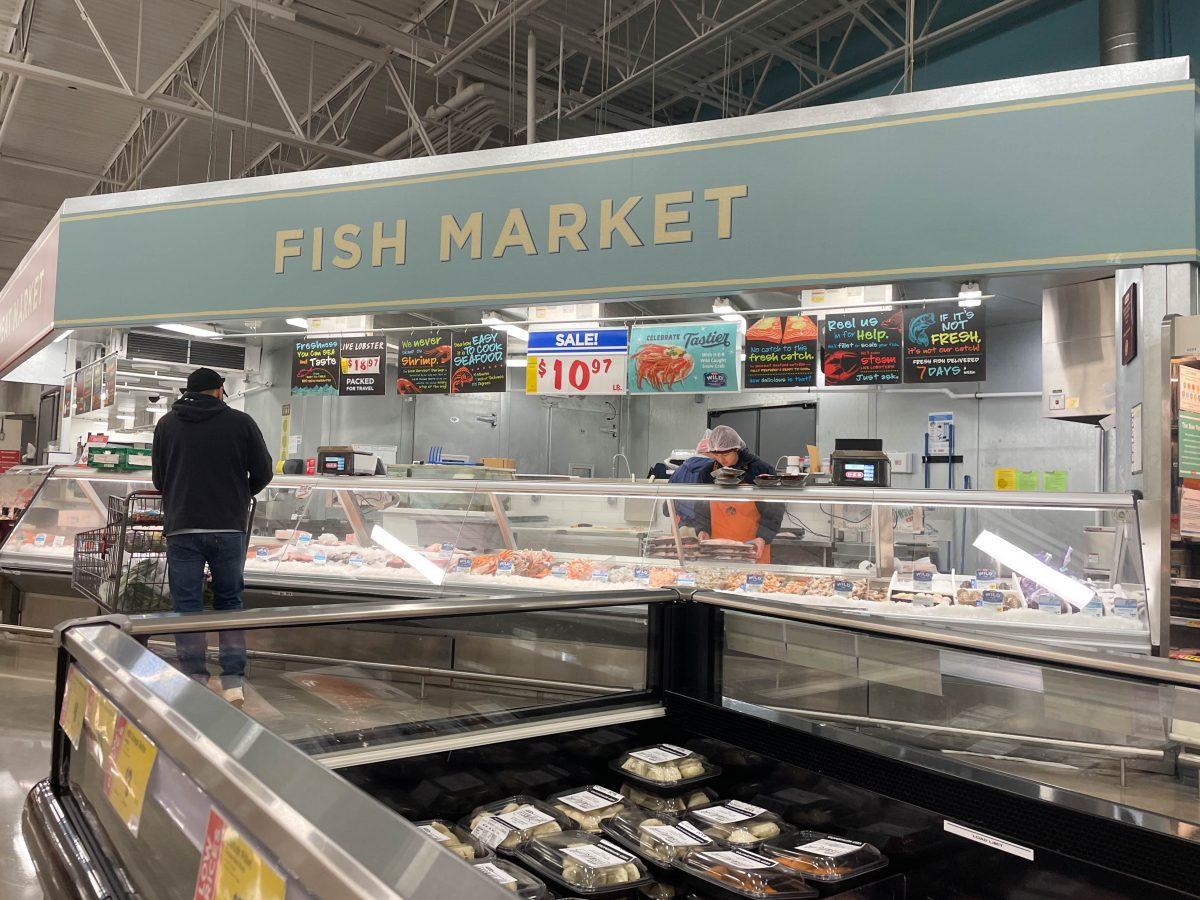This summer, as unprecedented heat waves and droughts rocked the continental U.S., the Texas oyster fishing community was shocked by plummeting oyster counts and increasing levels of diseases. The threat continues to impact the local economy and the future health of Galveston Bay, according to local experts.
Texas A&M-Galveston Ph.D. student Aurora Gaona Hernandez spent the summer studying oyster populations and discovered an alarming trend.
“We have been observing … a decrease in the population of the oysters,” Hernandez said. “They have reduced up to 80% of their historical population. Recently, I have performed a study in the Bay, and I have found moderate to heavy infection intensity of [dermo] disease … two weeks ago I went to the Bay, and 80% of the oysters I pulled out were dead.”
Dermo disease, also known as Perkinsus marinus, is a parasite that attacks oyster tissue and is responsible for oyster reef collapses and mass die-off events in the Gulf.
“Texas Parks and Wildlife has found that due to the decrease in oyster population, some fishing spots have had to be closed,” Hernandez said. “A lot of people have been affected by this.”
Galveston Bay ecosystem leader for Texas Parks and Wildlife Christine Jensen has over 20 years of experience working with oyster populations in the Gulf Coast and attributes many of the declines to overfishing.
“There has been a decrease in the oyster population since the early 2000s,” Jensen said. “Most of it is overfishing from pressures in [Galveston] Bay, but climate change also plays a role in [decreasing catches].”
The increasing environmental pressures combined with overfishing cut the 2022 oyster season short, reducing it to six weeks from the six months it normally lasts.
“Mother Nature gave us a one-two punch with droughts and floods,” Jensen said. “In droughts … the salinity of the ocean increases … which increases the number of predators and also brings in more diseases. Floods cover the oysters with sediment, and that happened with [Hurricane] Ike and Hurricane Harvey.”
Spending many summers fishing since 2008, international studies senior Jakob Holzweiss said he has witnessed firsthand the declining oyster populations and the negative effects it has on the Texas economy.
“I have noted that due to … population declines, there’s less fish in Matagorda [Bay] specifically,” Holzweiss said.
Holzweiss said he has noticed less bait being sold and less fishing boats out on the water.
“There’s less bait fishermen… their sales have gone down,” Holzweiss said. “Not exponentially, but minorly … I have rarely caught anything that I understood to be diseased, but I agree with the decline in quality of seafood catches.”
To help raise awareness, Hernandez is presenting her findings at the Coastal and Estuarine Research Federation conference and hopes that her research findings will incentivize locals and scientists to support conservation efforts.
From her findings, Hernandez said there are higher infection levels than past data, and 50% of oysters are infected with parasites, ranging from mild to moderate levels.
“Oysters are valuable economic resources, but they are also habitat builders … when oysters decrease, other species that depend on them will decrease as well,” Hernandez said. “Oysters are related to everything else in the bay.”
The Texas Parks and Wildlife system continues to support conservation efforts and is looking to expand them in the future, Jensen said.
“Oyster mariculture is moving a lot of catches from public to private farming, and that’s taking off a lot of pressure from overfishing,” Jensen said. “[Texas Parks and Wildlife] also has a leasing program … where we say, ‘You can grow oysters here in this area, on the bottom of the sea, instead of a cage,’ and that’s also bringing in a lot of support.”
Oysters are crucial since they’re one of the only resources that is both a fishery and a habitat for organisms, Jensen said.
“They’re critical for the local environment, they filter the water as well as protect the shoreline,” Jensen said. “Oysters are also very resilient … I have hope [that] they can rebound and come back.”
Texas oysters in dire straits
November 15, 2023
Photo by Photo by Kaili Gaston
Shoppers browse the seafood section at HEB on November 12, 2023.
0
Donate to The Battalion
Your donation will support the student journalists of Texas A&M University - College Station. Your contribution will allow us to purchase equipment and cover our annual website hosting costs.
More to Discover









